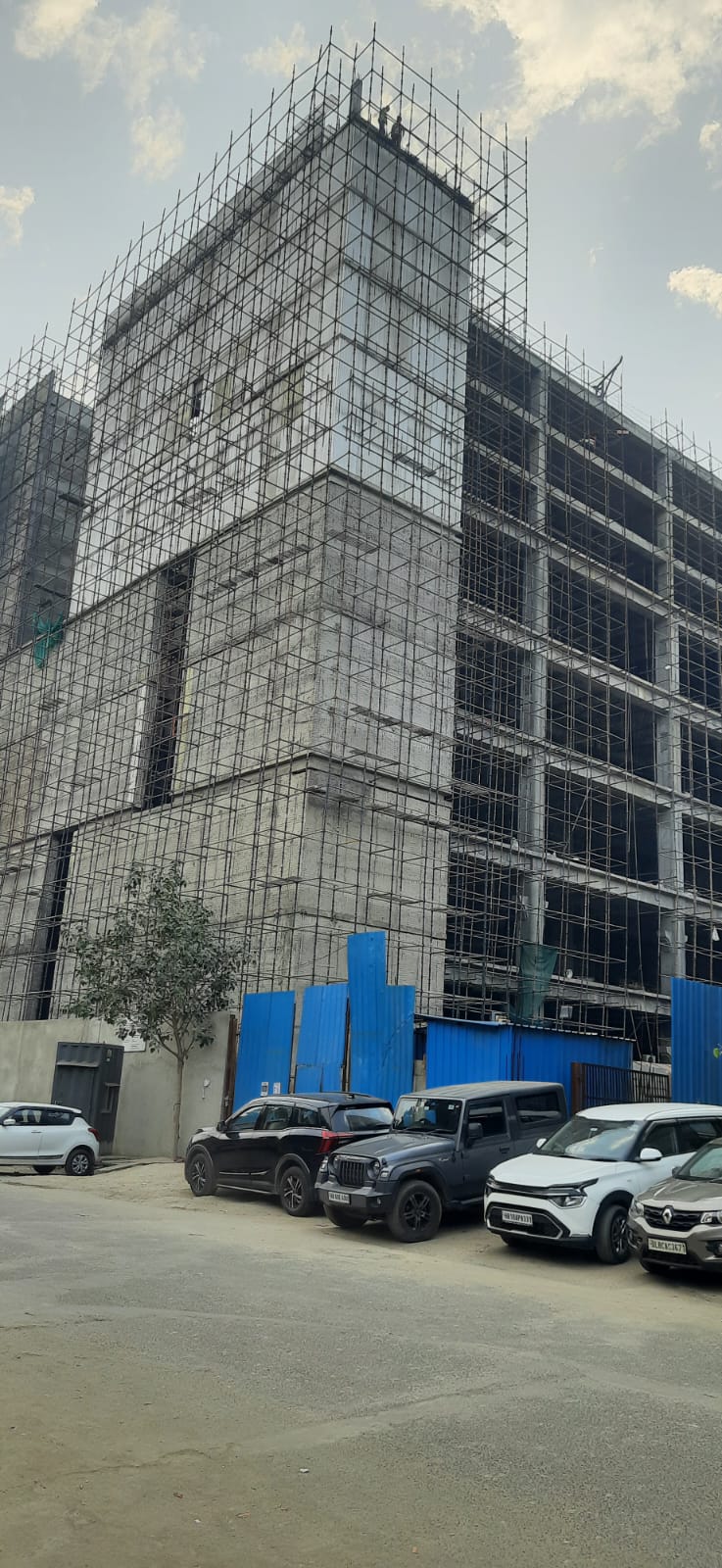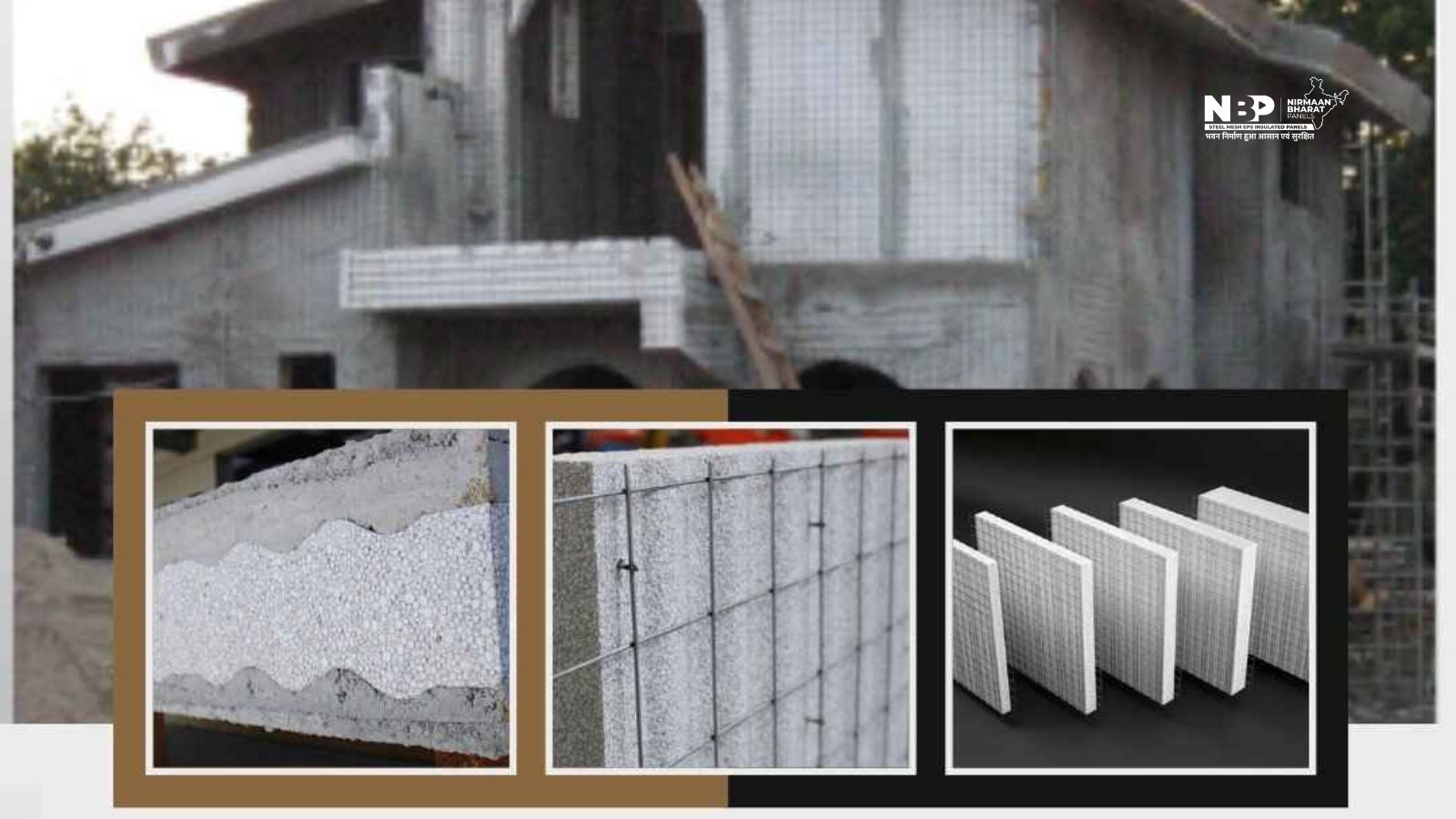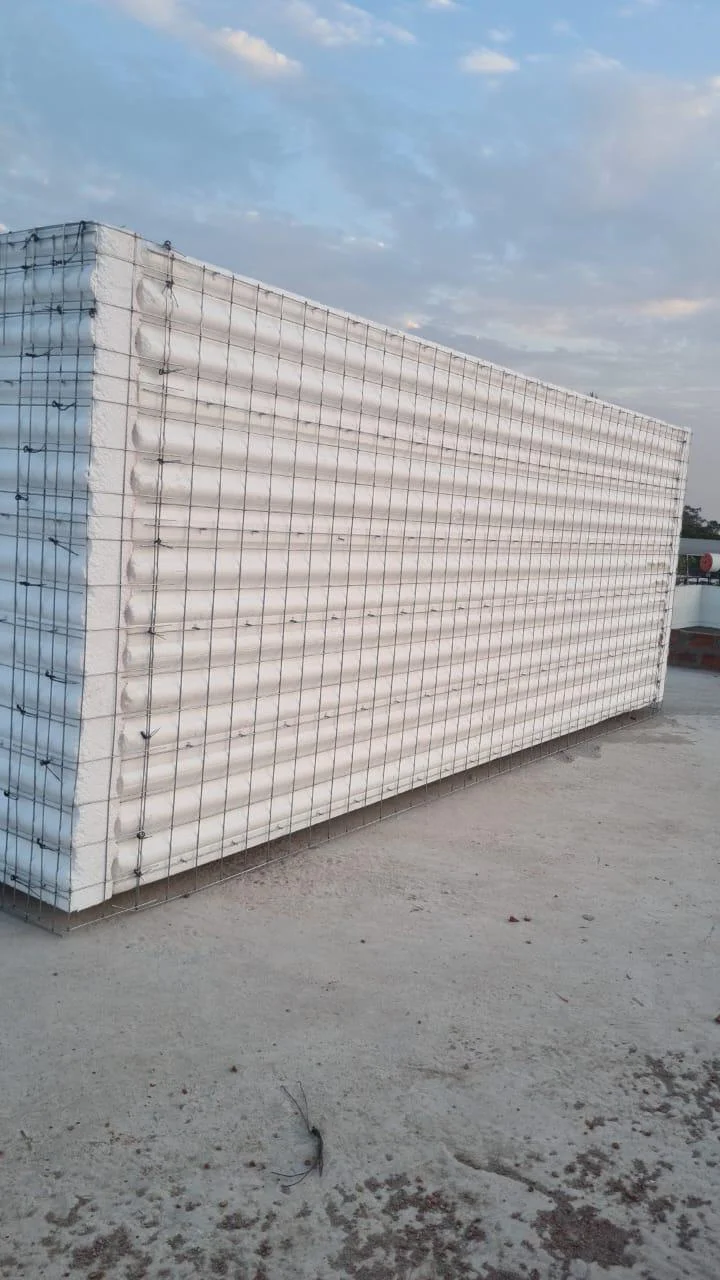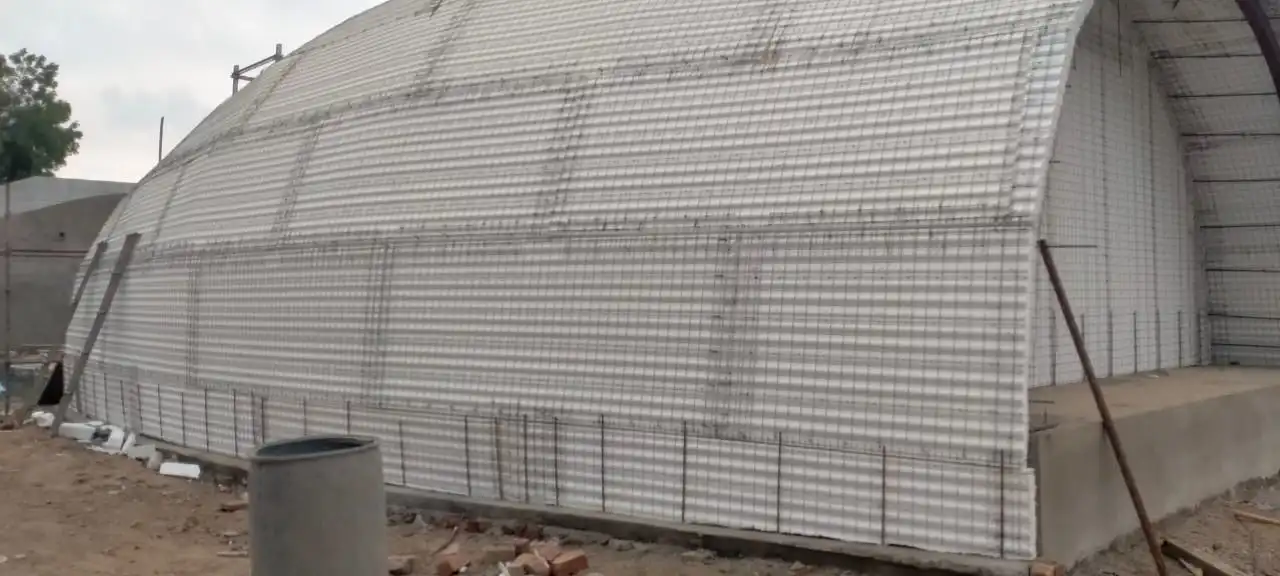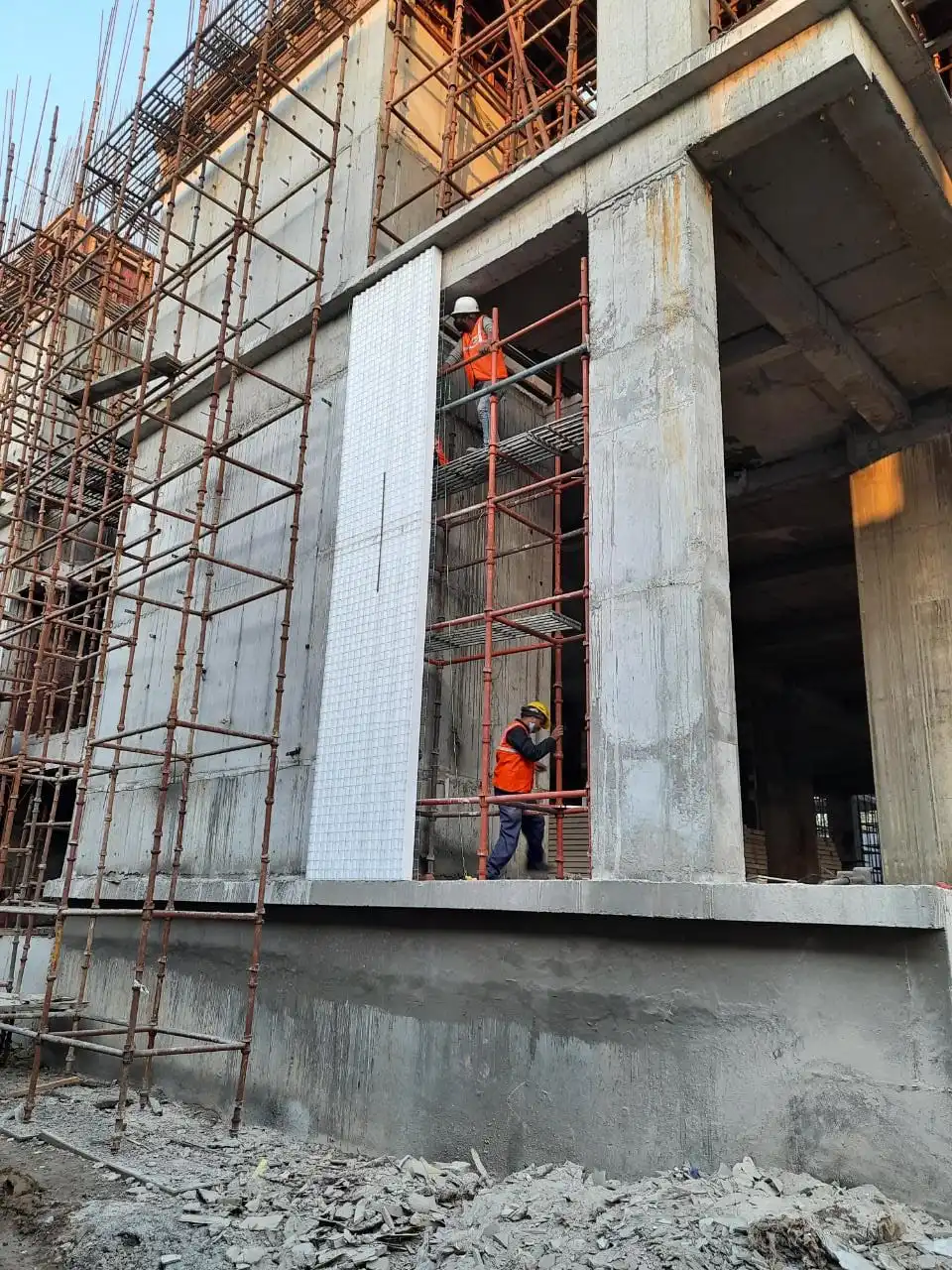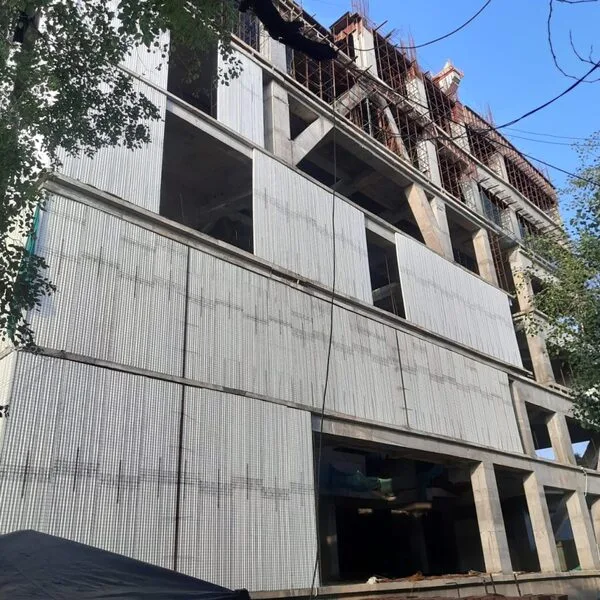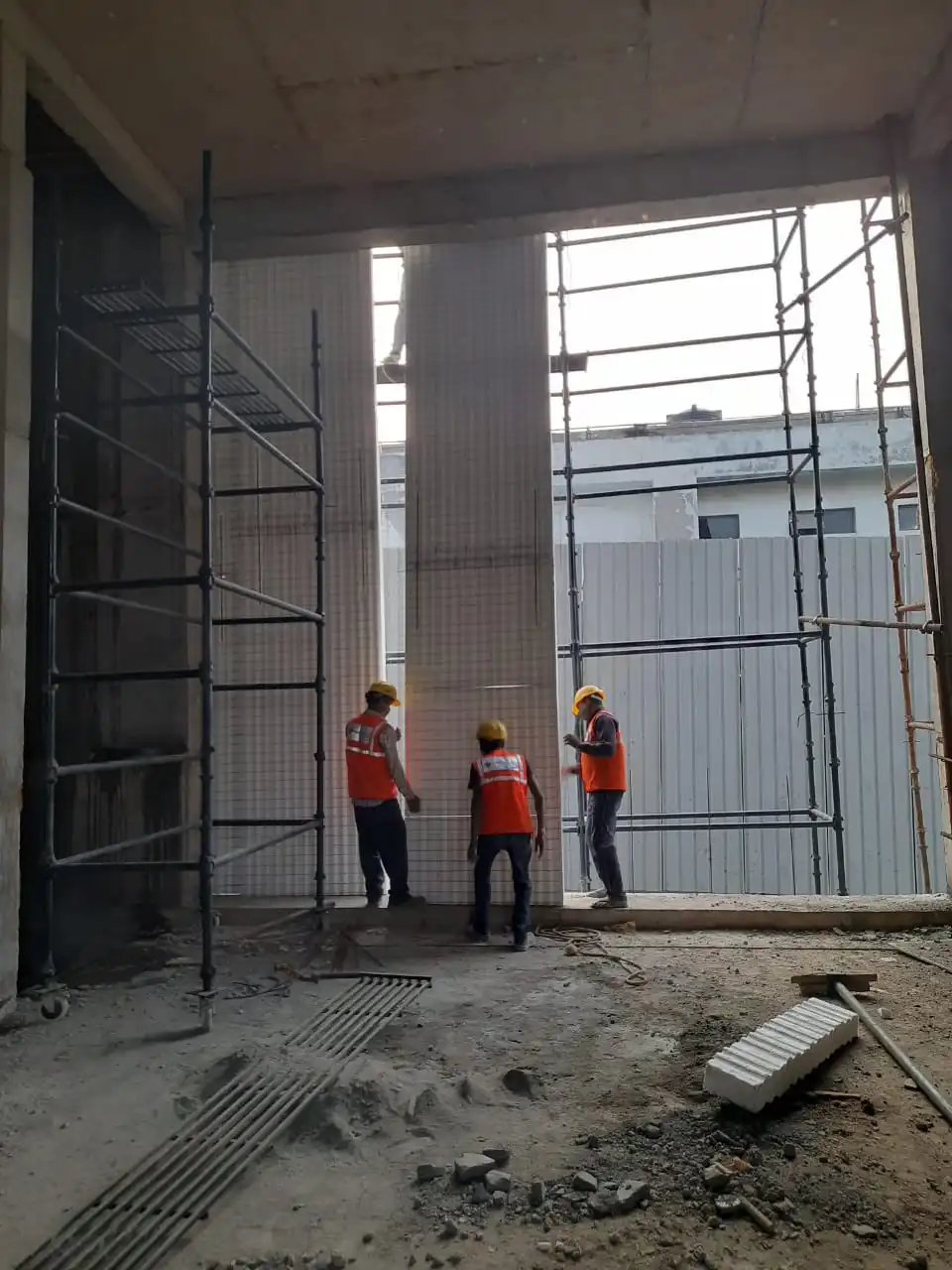In the fast-evolving world of construction, a revolutionary player has emerged to redefine the way buildings are constructed – Expanded Polystyrene (EPS) panels. These lightweight, versatile panels have been gaining popularity for their exceptional efficiency and sustainability, offering a myriad of benefits that are transforming the construction industry.
-
Table of Contents
ToggleLightweight and Easy to Handle:
One of the standout features of EPS panels is their lightweight nature. Composed of expanded polystyrene foam sandwiched between two rigid facings, these panels significantly reduce the weight of construction materials. This characteristic not only makes them easy to handle but also streamlines the construction process. Builders can transport and install EPS panels with ease, leading to quicker construction times and reduced labor costs.
-
Energy Efficiency and Thermal Performance:
EPS panels boast impressive thermal insulation properties, making them an ideal choice for energy-efficient construction. The closed-cell structure of the expanded polystyrene foam minimizes heat transfer, providing excellent insulation against both cold and hot temperatures. As a result, buildings constructed with EPS panels require less energy for heating and cooling, leading to reduced energy consumption and lower utility bills. This inherent energy efficiency contributes to the overall sustainability of the construction project.
-
Sustainable Material:
Sustainability is a key consideration in modern construction, and EPS panels align perfectly with environmentally conscious building practices. The production of EPS panels generates fewer greenhouse gas emissions compared to traditional construction materials, and the panels themselves are fully recyclable. By choosing EPS panels, builders contribute to reducing the environmental impact of construction projects and promoting a more sustainable future for the industry.
-
Versatility in Design:
EPS panels offer architects and builders unparalleled design flexibility. The panels can be easily cut and shaped to meet specific design requirements, allowing for the creation of unique and innovative structures. This versatility extends to various construction applications, from residential buildings to commercial structures. The adaptability of EPS panels makes them a versatile choice for architects seeking to push the boundaries of design while maintaining structural integrity.
-
Cost-Effective Construction:
Efficiency in construction not only refers to time but also to cost. EPS panels prove to be a cost-effective solution for builders, thanks to their lightweight nature, easy installation process, and energy-efficient properties. Reduced labor costs, faster construction times, and lower energy expenses contribute to significant overall cost savings. This makes EPS panels an attractive option for both large-scale commercial projects and smaller residential constructions.
-
Durability and Longevity:
Despite their lightweight composition, EPS panels exhibit remarkable durability and longevity. The rigid facings protect the inner expanded polystyrene foam, ensuring the panels maintain structural integrity over time. Additionally, the resistance to moisture and pests enhances the lifespan of buildings constructed with EPS panels, minimizing the need for frequent repairs or replacements.
In conclusion, the rise of EPS panels in the construction industry marks a paradigm shift towards more efficient and sustainable building practices. These panels offer a winning combination of lightweight design, energy efficiency, sustainability, versatility, cost-effectiveness, and durability. As the construction industry continues to embrace innovation, EPS panels are undoubtedly at the forefront, reshaping the way we build for a more sustainable and efficient future.


